City University’s top cyber security expert gives StrategicRISK an insight into the next big cyber threats and what’s needed to prevent them
Security is a science, says Dr. Muttukrishnan Rajarajan. The information security expert and senior member of the Institute of Electrical and Electronics Engineers (IEEE) is the driving force behind City University’s new Centre for Cyber and Security Sciences.
The subject area is intangibly huge – a fact Dr. Rajarajan is well aware of after more than eight years of research. But between a pile of time-consuming projects on his desk and only days before chairing the international SecureComm 2011 conference, he is convinced that the new centre of excellence is a necessity.
Cyber Security, a growing area of concern across the developed world, is yet to receive the attention it deserves, he says.
“There is huge demand for this research,” Rajarajan explains. “When I started working in the area I realised that the industry was struggling to find any decent graduates with security expertise. That is a big problem in the country. We don’t have enough trained students who could even do mathematical based cryptography, which is a foundation for security.”
Recently the papers have been filled with news about cyber crime and terrorism. It shows that companies are lacking the security experts to prepare themselves for cyber attacks, says Rajarajan.
“When Sony was attacked [by hacking group Anonymous] they didn’t even have a chief information security officer. It’s clearly time for us to open our eyes and start getting more people involved in security.”
To kick-start things, the university’s centre of excellence is combining researchers from schools of engineering and cryptography, law, the centre for software reliability and social sciences for research into the psychological aspect of cyber crime and terrorism. To boost security standards in the long term, researchers are aiming to increase awareness of the cyber threat.
“People in smaller companies often are the easier target,” says Rajarajan. “The threat comes in with online sales and SMEs that don’t comply with security standards. Many are not aware of the interdependence of the data they are given by their clients and partners, between other places online the user could be making use of.”
Companies have huge amounts of valuable data streaming into their knowledge banks. The key challenge will be improving ways of collecting, processing and most of all protecting all this information. “Information is power and it is all out there. Monitoring data usage is the most important thing,” says Rajarajan.
A dangerous new field is online banking and online purchasing as well as the development of handy payment methods, which are moving from PC to mobile. “People are going to use iPhones and iPads to buy things. There is no question about this. The PC is dead now,” smiles Rajarajan. “The next generation will not touch PCs.”
Mobile payment is more open and volatile than previous forms of purchasing. We should prepare for a lot of phone hacking in the future, notes Rajarajan.
In a new research project at the Centre for Cyber and Security Sciences, wants to understand the kind of communication that is going on between groups of people. “We are working on a tool which takes feeds from [various digital media sources] and shows a map of certain events. Looking for the London riots for example would provide you with a map of London, presenting the intensity and frequency of the riots as they happened.”
“Tthe idea is that I want to type in my postcode and be shown what kind of threats are out there today - floods, terrorist threats, car accidents, bombs – and know what kind of prevention I need to take.”
It is hoped this graphical presentation of information will help people understand threats and prevent them.
Building further research centres and developing a more intense training is vital to increase the UK’s competitiveness, says Rajarajan. “Competing nations have more graduates prepared and are continuing to develop their schooling. Unless we start training our own graduates and building our research centres in these cyber fields I think we are up for a challenge.”





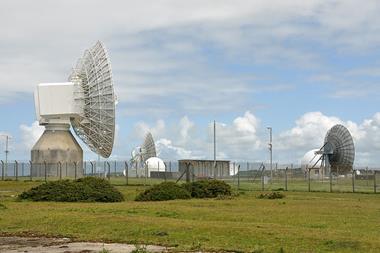
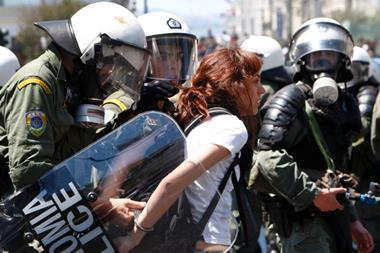

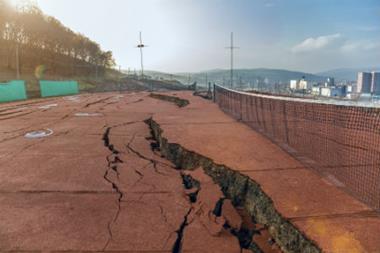


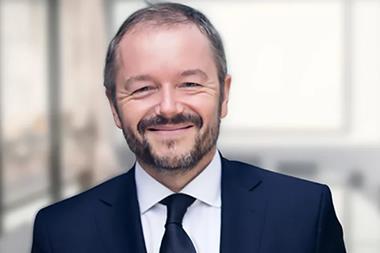




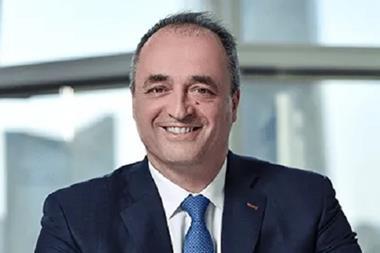



No comments yet